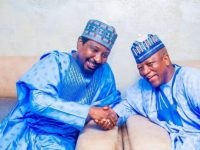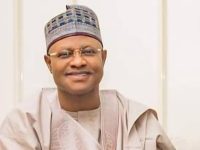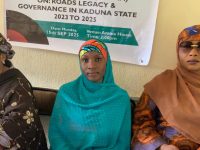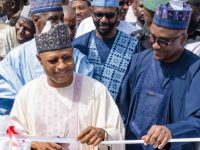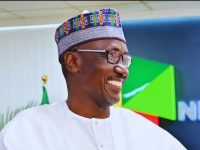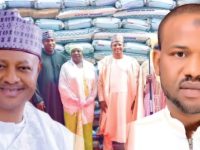Critique of Religious and Ethnic Labels in Political Discourse

By Umar Ardo ( PhD)
The recent endorsement of President Bola Ahmed Tinubu’s tax reform initiative by the Christian Awareness Initiative of Nigeria (CHAIN) in Kaduna highlights the persistent reliance on religious identity in Nigeria’s political landscape. While every citizen has the right to congregate and express political views, relying on religious or ethnic identities is inherently limiting and regressive.
This approach constrains dialogue to narrow frameworks, excludes broader participation, and impedes integration of Nigeria’s multicultural society. The use of religious or tribal identities in political discourse exemplifies parochialism that undermines societal harmony. These labels restrict participation to narrowly defined groups, fostering suspicion, rivalry, and division among communities.
Nigeria’s constitutional framers outlawed the formation of political parties based on religious or ethnic affiliations, underscoring the dangers of aligning governance with exclusive identities. Religious or ethnic labels stifle coalition-building, deepen societal fault lines, and distract from shared challenges that require collective action.
In contrast, political identities rooted in governance philosophies offer more inclusive and intellectually robust platforms for addressing societal challenges. Ideological platforms transcend identity-based allegiances, focusing on principles, policies, and governance objectives. For instance, liberals and democrats champion social justice, equity, and individual freedoms, while republican conservatives prioritize tradition, stability, and order.
Had the CHAIN event been convened under an ideological banner, it would have invited participation from a broader spectrum of Northerners, including Muslims, Christians, and non-religious individuals. This inclusivity would have enhanced the intellectual depth and practical impact of the discourse.
The reliance on religious labels undermines the broader goals of inclusivity and societal cohesion. Nigeria’s political elites must transcend sectarian identities and embrace ideological frameworks that encourage intellectual discourse and shared aspirations. By adopting inclusive identities rooted in governance philosophies, political actors can build coalitions that prioritize ideas over identity.
This transformation represents a strategic imperative and a moral obligation to foster a more inclusive, harmonious, and politically mature society. For Nigeria to achieve societal harmony, development, and economic prosperity, its political elites must adopt broader political identities that align with universal values of democratic governance, equity, and societal progress.
Let the discourse shift from labels of exclusivity to those of inclusivity, where Nigerians are united by shared governance philosophies rather than divided by sectarian and ethnic boundaries. This promises a brighter and more equitable future for Nigeria.

